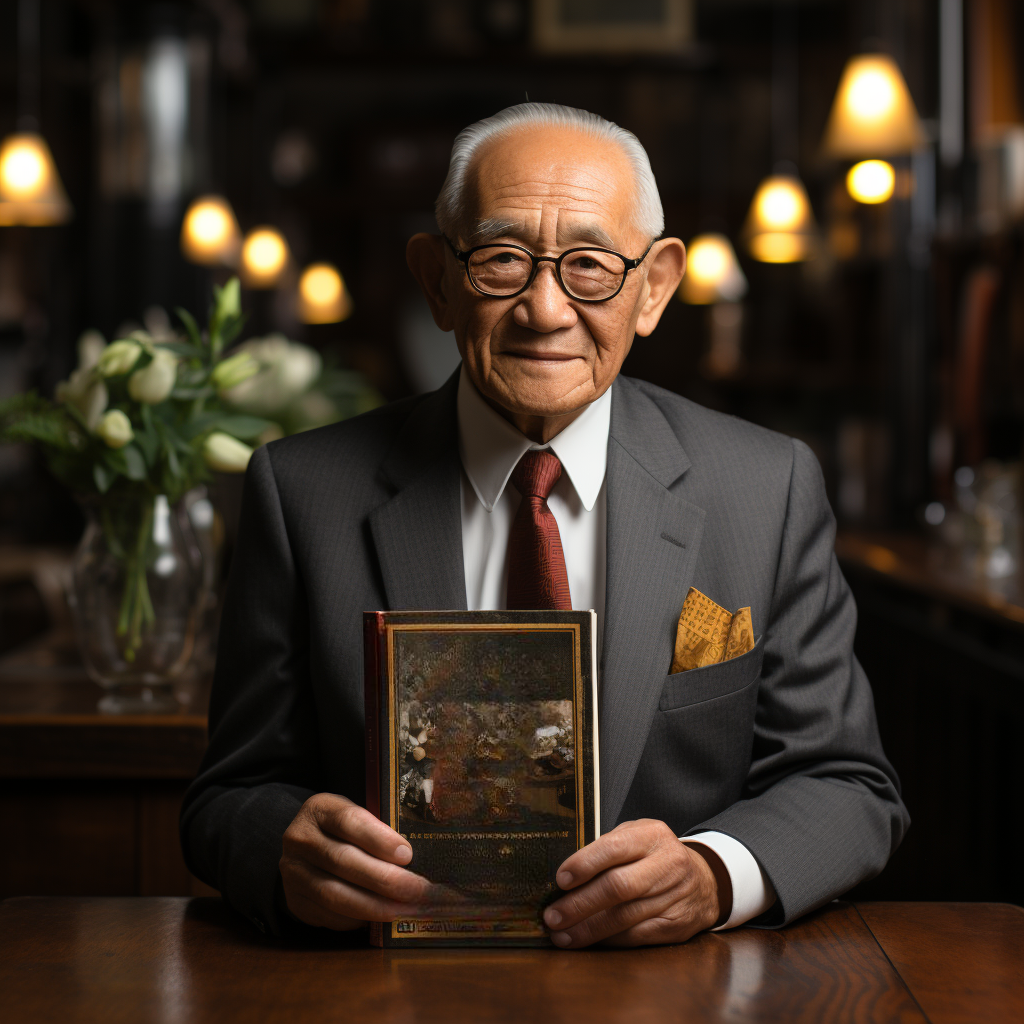In the contemporary world, where uncertainties and challenges are ever-present, Di Tran’s upcoming book, “Drop the FEAR and Focus on the FAITH,” offers a profound insight into the role of faith in navigating life’s complexities. Tran’s assertion, “there are thousands of ways things can go right and also wrong; if it’s not for FAITH, there won’t be any action,” is a powerful reminder of faith’s vital role in driving us forward. This concept finds a parallel in Jordan Peterson’s perspective that without faith, one would live in anxiety all day.
The Foundation of Faith
At the heart of Tran’s statement lies the understanding that life is inherently unpredictable. This unpredictability can paralyze individuals with fear, inhibiting action and progress. Here, faith acts as a catalyst for action. It’s not just blind optimism but a profound belief in the possibility of positive outcomes amidst uncertainty. It is this faith that empowers individuals to take the necessary steps towards their goals, despite not knowing what the future holds.
Jordan Peterson’s Perspective on Faith and Anxiety
Jordan Peterson, a prominent figure in modern psychology and philosophy, echoes this sentiment. He suggests that without faith, people are susceptible to being overwhelmed by anxiety. Anxiety, often stemming from fear of the unknown, can be crippling. Faith, in this context, is not just religious or spiritual; it’s a trust in something greater than oneself, whether that be a higher power, the universe’s energy, the divine, or as many refer to, God.
Faith in a Higher Being
The concept of faith in a higher being, or the universe’s energy, is not a new one. However, in today’s fast-paced and often materialistic world, it’s a notion that many have moved away from. Tran and Peterson’s perspectives invite us to revisit this concept. Faith in a higher power can provide a sense of purpose and direction. It’s a belief that there is something beyond our immediate perception that guides and supports us.
The Impact of Faith on Action
Tran’s statement highlights an essential truth: faith is a prerequisite for action. In the absence of faith, fear takes over, and fear is an inhibitor. When one believes that things can work out, that belief itself becomes a driving force. This faith doesn’t eliminate challenges but provides the strength to face them.
Conclusion: The Interplay of Faith and Action
In conclusion, both Di Tran’s upcoming book and Jordan Peterson’s teachings shed light on the profound impact of faith in our lives. Faith, in whatever form it takes, is not just a source of comfort; it’s a necessary component for taking meaningful action in a world filled with uncertainties. By dropping the fear and focusing on faith, we open ourselves to a world of possibilities and the strength to pursue them.









